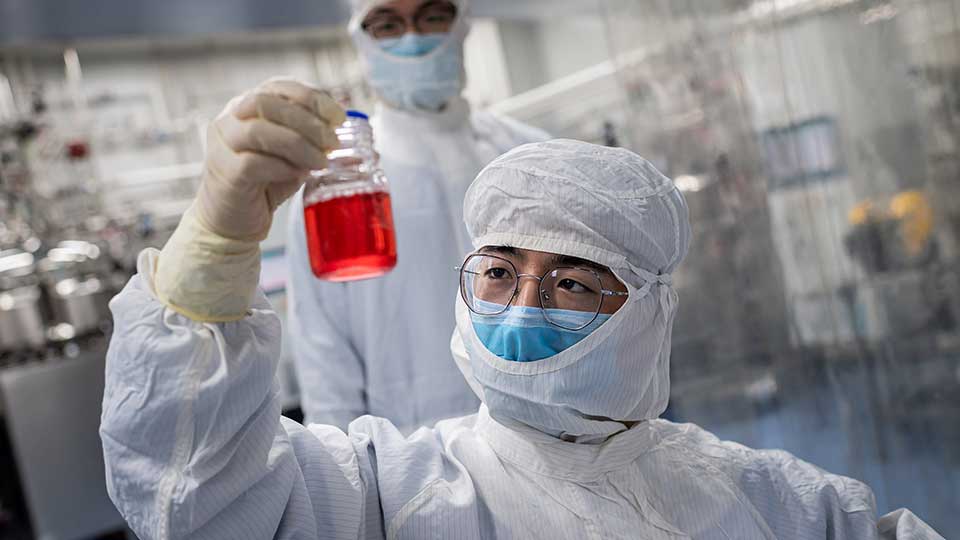AESA PROGRAMMES
- Building R&D Infrastructure
- Developing Excellence in Leadership, Training and Science in Africa (DELTAS Africa)
- Human Heredity and Health in Africa (H3Africa)
- Africa’s Scientific Priorities (ASP)
- Innovation & Entrepreneurship
- Grand Challenges Africa
- Grand Challenges Innovation Network
- Rising Research Leaders/Post-Docs
- AESA RISE Postdoctoral Fellowship Programme
- African Postdoctoral Training Initiative (APTI)
- Climate Impact Research Capacity and Leadership Enhancement (CIRCLE)
- Climate Research for Development (CR4D)
- Future Leaders – African Independent Research (FLAIR)
- Critical Gaps In Science
- Clinical Trials Community (CTC)
- Community & Public Engagement
- Mobility Schemes: Africa-India Mobility Fund
- Mobility Schemes: Science and Language Mobility Scheme Africa
- Research Management Programme in Africa (ReMPro Africa)
- Science Communication/Africa Science Desk (ASD)
- Financial Governance: Global Grant Community (GGC)
- AAS Open Research
- CARI Programmes
- Evidence Leaders Africa (ELA)

News
COVID-19: How Can China Help African Countries Have a Stake in the Race for a Vaccine?

197
COVID-19: How Can China Help African Countries Have a Stake in the Race for a Vaccine?
(courtesy: THE CHINA AFRICA PROJECT, 29 May 2020)
Six months after the emergence of COVID-19 in Wuhan, China, the global effort to develop appropriate vaccines and treatments is continuing at a pace. The WHO report that there are now 125 candidate vaccines in development, including 10 in clinical evaluation. In recent weeks, there has been controversy around the need for trials of vaccinations and treatments in African countries. But the debate so far misses a major part of the puzzle – whether Africans will ever hold intellectual property rights over whatever medicine or vaccines successfully make it through trials.
The original controversy began with a live TV discussion involving two French doctors discussing how and where to conduct vaccination trials. During the discussion, they suggested that, due to lower ethical constraints, trials should be undertaken in African countries. An outcry from many commentators decrying their suggestion ensued, culminating in a condemnation from the Director-General of the WHO in an April virtual press conference.
At the same time, the spotlight also revealed the shockingly low number of clinical trials for COVID-19-related research in Africa, whether that’s tests, treatments, or vaccines. Since the outcry, other scientists have pointed out that ethical clinical trials to research how different interventions impact different disease outcomes actually do need to be conducted across Africa’s diverse contexts, circumstances, and ethnicities – especially as many African countries suffer from significant and large disease burdens. With the current pandemic, the urgency of this issue is heightened, as explained well in a recent Lancet article.